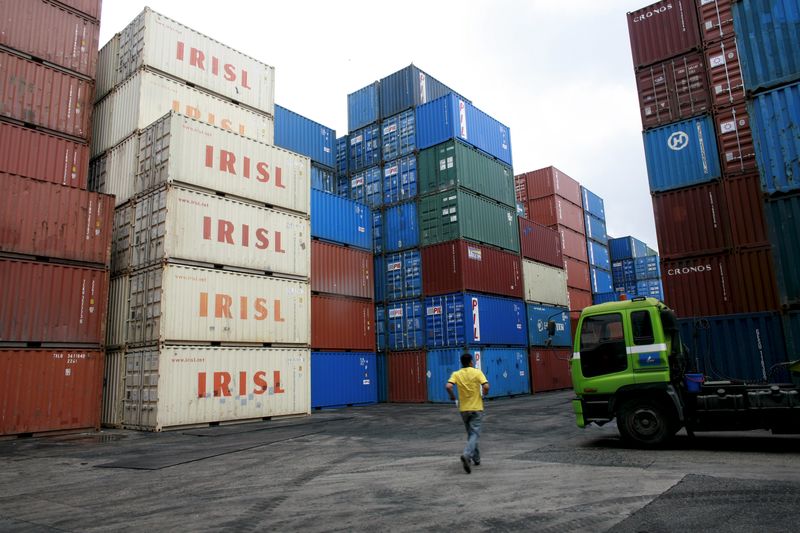By Natalia A. Ramos Miranda
SANTIAGO (Reuters) – The increasing specialization of Latin America’s exports to China, focusing on oil and mining, shows a “worrying” trend, the United Nations Economic Commission for Latin America and the Caribbean (ECLAC) said in a report on Thursday.
The ECLAC warned that as China advances in its efforts toward energy decarbonization, staples from Latin America such as oil could be at risk.
Latin America’s trade with China has skyrocketed, growing to nearly $500 billion last year from about $14 billion in 2000, but the boom has been made up of just a small number of commodities.
However, the commission said, the relationship between Latin America and China “presents a mixed picture,” saying exports such as and lithium, both increasingly in demand for batteries for electric vehicles, could see a boost.
Chile and Peru are the world’s top two copper producers, while South America is also home to the so-called “Lithium Triangle,” made up of Chile, Argentina and Bolivia.
Agriculture and livestock, largely soybeans and beef, make up another 20% of Latin America’s exports to China, ECLAC found, with the industry being key to boosting trade with China in the short term.
“With its vast natural and water resources, the region has the comparative advantages to supply China with nutritious, safe and high-quality food,” ECLAC said, adding the region could play a vital role in feeding China as trade tensions with the U.S. grow and the war in Ukraine disrupts supply chains.
China, which is increasingly urbanizing and has been a net food importer since 2004, already relies on Latin America – particularly Brazil – to import goods such as cane sugar, soybean oil, cherries, shrimp and frozen beef.
China’s hold on Latin America’s markets has also grown in recent years, particularly in the manufacturing sector, ECLAC said, with “conflicting effects.”
Households in Latin America now have increased access to manufactured goods, though regional productions have been significantly displaced, ECLAC said, hurting local industry and job opportunities.
Read the full article here




